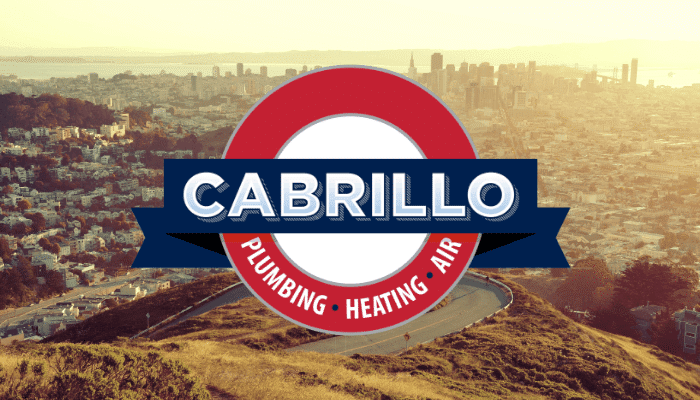
Being in the plumbing industry as long as Cabrillo has, we’ve seen pipes get clogged for almost any reason you can think of. However, there are a few culprits that we encounter time and time again. Today we’re going to talk about some of the most common causes of plumbing clogs and what you can do to prevent clogged pipes in your home!
What are some of the most common causes of clogged pipes?
- Grease buildup. When it comes to your kitchen’s pipes, grease is public enemy number one. That’s because grease can solidify in your drains, which restricts the flow of water and traps other food particles that try to move past it.
- Food particles. Even without grease, food particles can cause your drains to clog. This is especially true when too many scraps are sent down your drain at once or when you try to drain large pieces without breaking them up first.
- Hair. Hair is one of the leading causes of clogged pipes in the bathroom. It can build up quickly in showers and sinks, and it will make it difficult for water to drain down those fixtures.
- Misuse of toilets. Many people don’t realize that toilets are only designed to flush toilet paper and human waste. Anything else (like paper towels or personal hygiene products) can get stuck in your pipes and lead to clogs. In fact, even baby wipes and so-called “flushable wipes” are the culprits behind many clogged toilets, and they should be disposed of in the trash can instead.
- Hard water. If your home has hard water, calcium and magnesium minerals can build up inside your pipes over time. As these hardness minerals accumulate, they close off your drains and can cause issues with both water pressure and clogging.
What can you do to prevent clogged pipes in your home?
The first step to avoiding clogged pipes is being careful about what you put down your drains in the first place. In addition to disposing of grease in a can or container, make sure that you use drain guards or strainers with all of your fixtures in order to catch hair and food particles before they go down your drain.
When it comes to your toilets, make sure that they are only used for going to the bathroom, not as an extra trash can.
Finally, issues with hard water can be taken care of by installing a water softener in your home. Not only will this help avoid drain clogs, but it will also extend the life of your water heater and other plumbing appliances!
What should you do when you have clogged pipes in your home?
When you do happen to encounter clogged pipes in your home, you can first try to break them up with a plunger (which can be used for sinks, drains and toilets). If the clog is too severe for a plunger, contact Cabrillo so we can perform a professional inspection and cleaning of your pipes and drains!
If you have any questions about clogged pipes, or if you’d like a plumbing system serviced or installed in your home, contact Cabrillo, your Bay Area plumbing, heating and air conditioning contractor.
